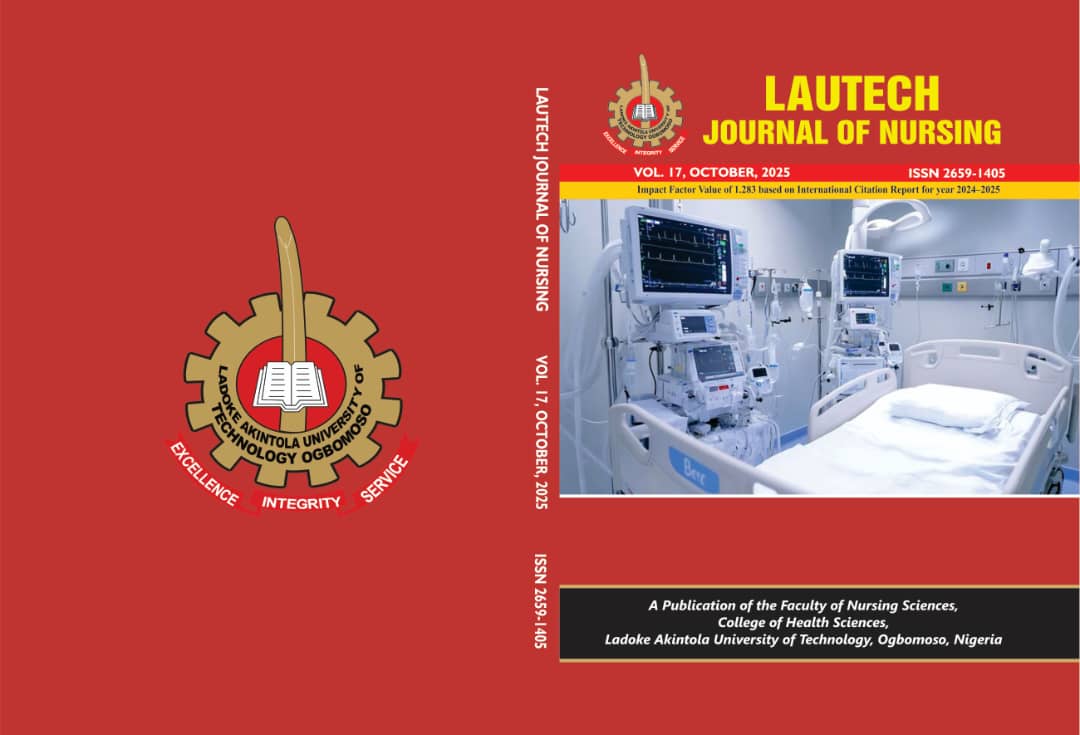Occupational burnout is a significant and growing issue, particularly among health professionals like nurses, with serious implications for physical, psychological, and social well-being, as well as workplace performance. This study investigated the effect of nurse burnout on the quality of patient care at Babcock University Teaching Hospital. A cross-sectional descriptive design was used, involving 160 nurses selected through multistage sampling. Data were collected using a self-structured questionnaire and the Maslach Burnout Inventory–Human Services Survey for Medical Personnel (MBI-HSS MP) and analyzed using descriptive and inferential statistics. The majority of respondents were aged 20–30 years (68.8%), female (81.3%), Christian (69%), Yoruba (31.3%), and married (50%). Most held a BNSc degree (43.8%), were nursing officers (62.4%), had 1–5 years of service (37.5%), and 1–3 children (43.8%). Findings of this study indicated that the prevalence of occupational burnout among nurses is moderate (53%) and the types of occupational burnout among nurses are emotional exhaustion (54.2%) and depersonalization (55%). This study observed that the perceived effects of occupational burnout include Reduced care quality to the patient (56.3%), Low patient satisfaction (56.3%),Increase medication errors(50.1%), Reduce quality of work life (59.4%), Absence from work and low job satisfaction (56.3%), Physical Health Issues (50%), Mental Health problems (68.8%), Insomnia (81.3%), Anti social behaviour (50.1%), Feelings of isolation (56.3%) and Use of alcohol or other substance (68.8%). The study concludes that burnout significantly compromises patient care and calls for urgent interventions such as improving working conditions, empowering nurses, and reducing turnover to enhance both staff well-being and patient outcomes.
- OPE-BABADELE, | O. | O. | ope-babadele@babcock.edu.ng | 07030800247, OGUNTOLA | F. | Y. | oguntolafatima@gmail.com | 08079581457, AKINDUTIRE | P. | O. | akindutirepreciousoluwabukola@gmail.com | 09015666168, OGUNLAMI, | R. | T. | teniolarebecca@gmail.com | 08146482633, ADEDARA | F. | A. | adedarafaith1@gmail.com | 09038254770
- Effect; Nurse Burnout; Quality Patient Care
- EFFECT OF NURSE BURNOUT ON THE QUALITY OF PATIENT CARE


